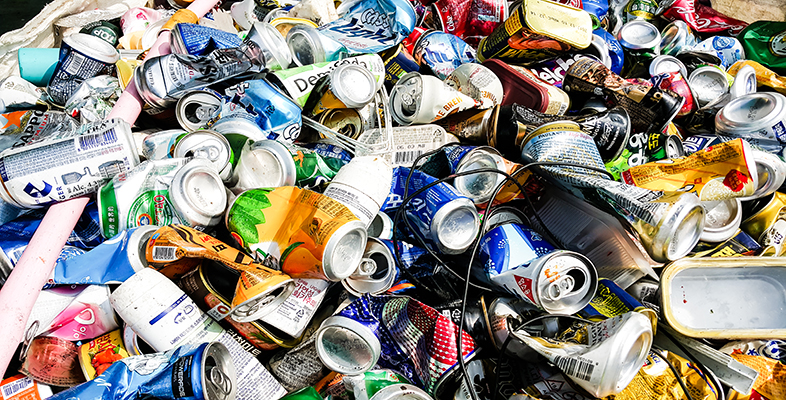Strategy 4: Use of economic and legal instruments
Just like China, the UK had been over-reliant on landfilling waste of all kinds, including MSW. Landfill had been a cheap disposal method and the vast majority of waste up to the 1990s had been dumped in landfill rather than being seen as a resource for energy or recycling (Seely, 2009). The imposition and continuation of the landfill tax in 1996 is one of the reasons why UK recycling rates for MSW have risen from a low base in the 1990s to over 44% of MSW being recycled in 2015, with a target of over 50% recycled by 2020 (DEFRA, 2016). At present in China there is no system for taxation for MSW disposal through landfilling (Mian et al., 2016), and if an appropriate taxation system could be introduced, then this might encourage more recycling.
Apart from economic ways of changing behaviours, legal requirements are important tools. EU law, for example, requires member states to reduce the amount of biodegradable municipal waste, such as food and garden waste, that they landfill to 35% of 1995 levels by 2016 (for some countries by 2020) as part of plans to reduce greenhouse gas emissions (European Commission, 2016).
China appears to be moving forward in imposing legal requirements for environmental protection. China’s newly revised environmental law, which came into force on 1 January 2015, requires real-time disclosure of pollution discharge data from key industries. The law can also impose greater fines on polluters and crucially requires governments to respond to citizens’ (including non-governmental organisations) accusations against polluters. China’s local courts will now be instructed to hear cases brought by citizen groups. This will be an interesting area to watch in the future, as responses to grassroots environmental groups vary between government departments as well as between regions. Where environmental enforcement is already on the agenda, such as in developed regions along China’s coastline, citizen groups have an easier time making headway against polluters (McDonald, 2015).
